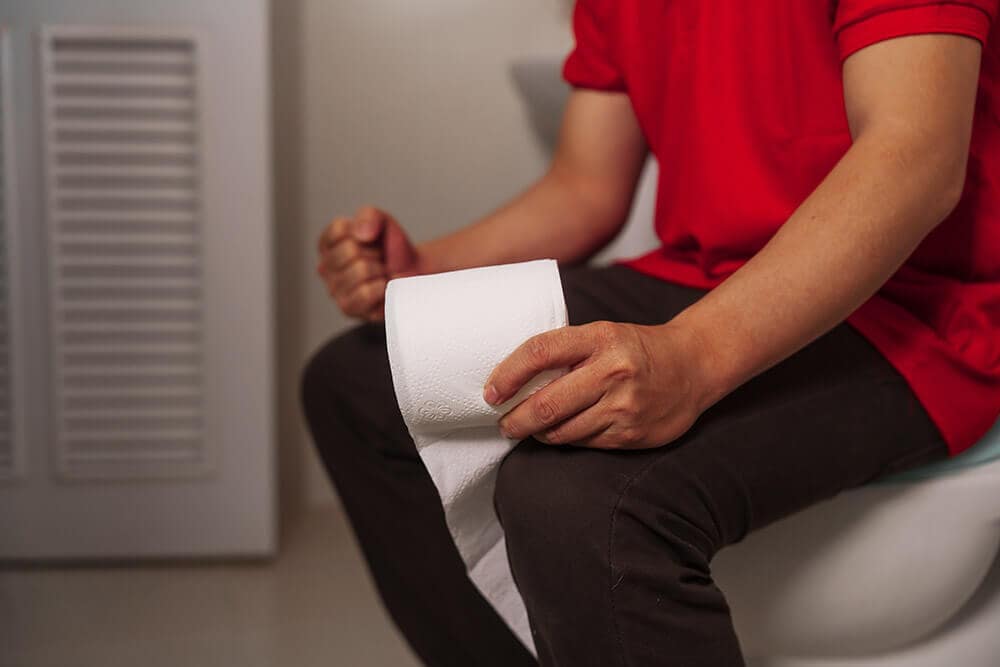What Is Colitis?
Colitis is inflammation of the colon (large intestine), which can cause abdominal pain, diarrhea and rectal bleeding. Ulcerative colitis, one common form, typically involves the rectum and lower colon. In ICD-10 coding, unspecified ulcerative colitis is classified as K51.9.
Common Causes and Risk Factors
- Genetics: A family history of colitis or inflammatory bowel disease.
- Immune response: An overactive immune system attacking healthy colon tissue.
- Environment: Diet, stress and imbalances in gut bacteria.
- Age: Symptoms often begin between ages 15 and 35.
- Other factors: Infections or adverse reactions to certain medications.
Signs and Symptoms
- Abdominal pain and cramping
- Frequent, urgent diarrhea'sometimes with blood
- Unintended weight loss and poor appetite
- Fatigue and low energy levels
- Fever during active flares
How Dr. Rishi Diagnoses Colitis
Dr. Rishi uses a thorough, step-by-step approach:
Medical History and Physical Exam
He reviews your symptom patterns, family history, medication use, and other risk factors.
Laboratory Tests
Blood work checks for anemia, inflammation markers (CRP, ESR), and nutritional deficiencies. Stool studies rule out infections and detect occult blood.
Endoscopic Evaluation
- Colonoscopy: Direct visualization of the colon lining and targeted biopsies for histologic confirmation.
- Flexible sigmoidoscopy: A shorter scope exam to quickly assess rectum and lower colon when appropriate.
Imaging Studies
- CT or MRI enterography: Detailed cross-sectional views of the bowel wall and surrounding tissues.
- Abdominal ultrasound: Non-invasive assessment of bowel wall thickness and vascularity.
Nutritional Assessment
A dietitian-led review to identify vitamin or mineral deficiencies and guide personalized meal planning.
Frequently Asked Questions
What causes ulcerative colitis?
A combination of genetic predisposition, an overactive immune response, and environmental factors such as diet and gut bacteria.
How fast can I expect relief with medication for ulcerative colitis?
Many patients notice symptom improvement within 2-4 weeks of starting therapy, though individual responses vary.
What does ulcerative colitis ICD-10 K51.9 mean?
It's the medical coding designation for - unspecified ulcerative colitis, - used in health records and billing.
Can diet alone control colitis?
Dietary adjustments help manage symptoms but most patients require medication to achieve and maintain remission.
Where can I find a 7-day meal plan for ulcerative colitis?
Dr. Chadha provides a personalized 7-day meal plan during your consultation at GastroDoxs.
When is surgery needed for ulcerative colitis?
Surgery is considered if medications and endoscopic procedures fail to control symptoms or complications arise.
Does GastroDoxs follow Crohn's & Colitis Foundation guidelines?
Yes. Our treatment protocols align with the latest evidence-based recommendations from the Foundation.
Are biologic medications safe for long-term use?
Biologics can be safe long term under regular monitoring for infections, antibodies, and side effects.
How do I prepare for a colonoscopy?
You'll follow a clear-liquid diet and take a prescribed bowel prep solution the day before the procedure.
How do I schedule an appointment with Dr. Chadha in Houston?
Call our office or book online to set up your consultation at one of our Montrose, Memorial City, or Sugar Land locations.











